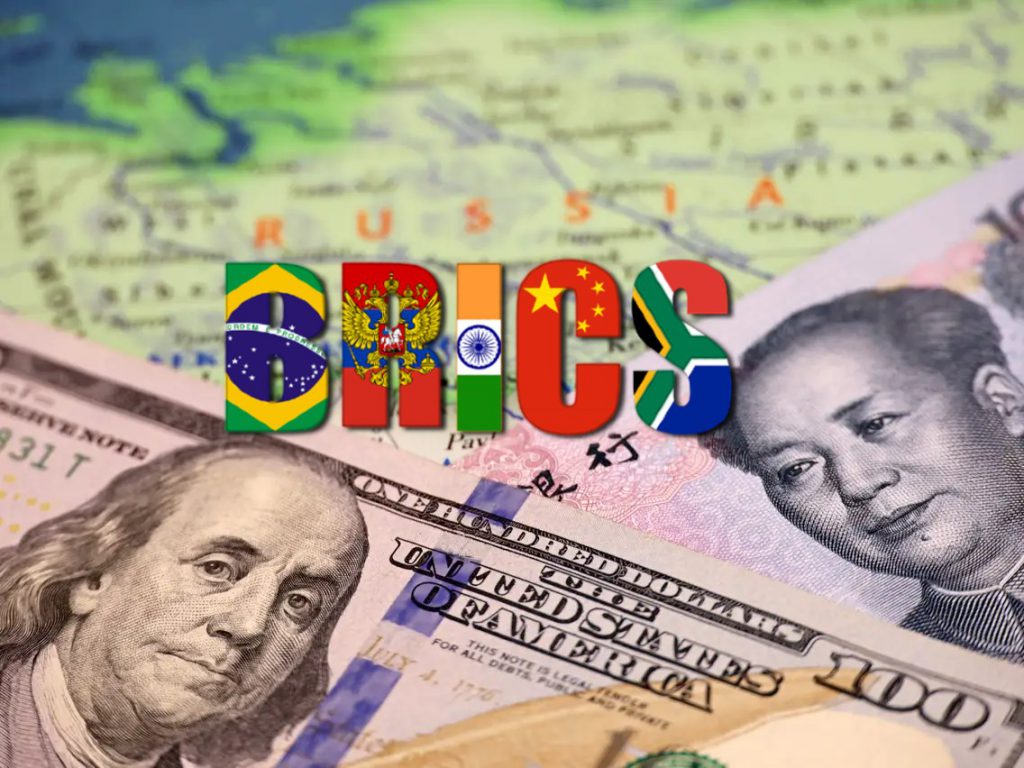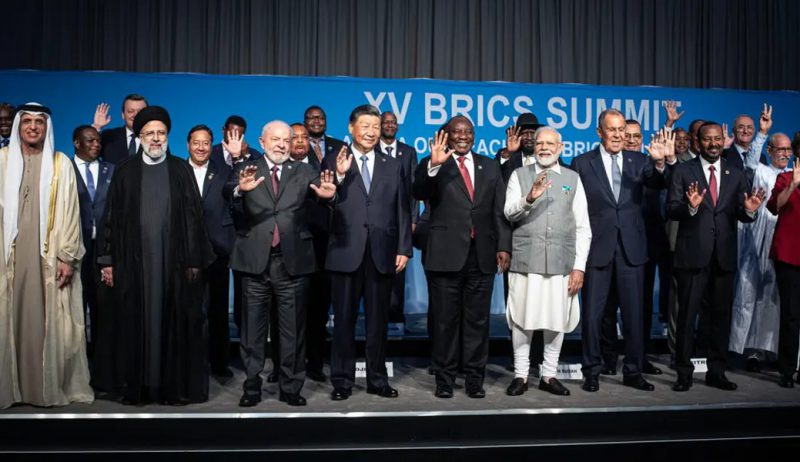The BRICS alliance is advancing to dethrone the US dollar and put their respective local currencies forward for global trade. BRICS is finding ways to abandon the USD by 2026, confirmed the New Development Bank (NDB). There are high chance that the bloc of 11 nations will minimize paying in the greenback to strengthen their local currencies. In this article, we will highlight how BRICS getting rid of the dollar will impact their native economies.
Also Read: IMF Predicts the Future of the U.S. Economy
BRICS: Will Ending Dependency on The US Dollar Hurt the Alliance?


If BRICS cuts ties with the US dollar, the native economies of these countries face the risk of losing investors’ confidence. The USD is a stable and reliable currency and institutional and foreign investors might stop investing in BRICS markets.
Also Read: BRICS: Malaysia Announces To Eliminate the US Dollar For Global Trade
The development could lead to a dry in foreign cash flow making their native economies face severe challenges. The USD is the most widely used currency and ending reliance on the greenback could prove BRICS costly.
In addition, BRICS countries will also have limited access to the dollar markets including government bonds and loans. A non-dollar-denominated financial market is yet to be a reality as the global sector is connected to the USD. Untangling the existing and closely-knit global order will only reduce the economies of the BRICS countries.
Also Read: BRICS to Completely Ditch the US Dollar in 3 Years
Also, their local currencies are yet to make a mark in the international markets. The majority of countries might never keep their local currencies as reserves as they stand no chance to compete against the USD. The exchange rates will also turn costly making BRICS find it hard to sustain their local currencies.
In conclusion, BRICS countries could suffer losses if they completely abandon the US dollar for global trade. It could potentially affect their trade balances, investment flows, and the overall economic stability of their respective countries.





